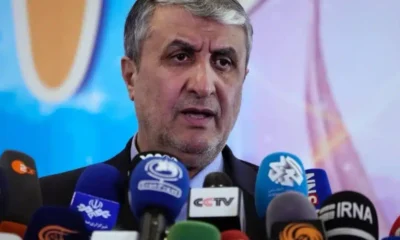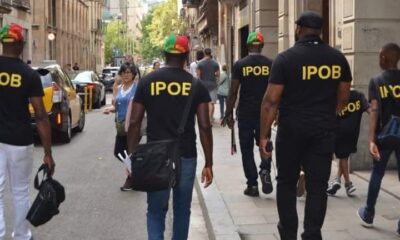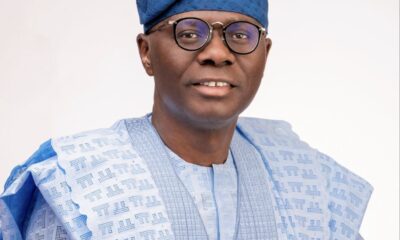EDITORIAL
VeryDarkMan’s Arrest: A Test Case for Free Speech, Social Media Power, and Institutional Credibility in Nigeria
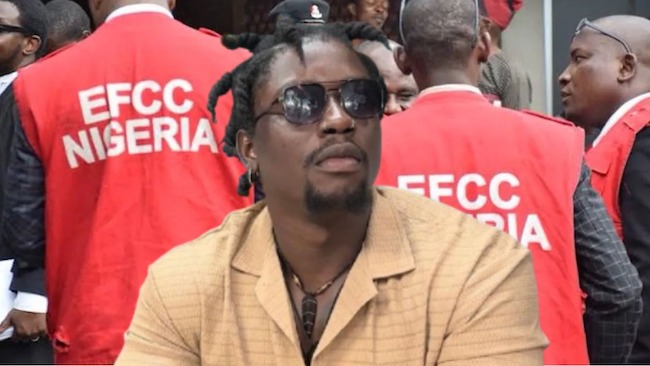
The recent arrest of social media activist Martins Vincent Otse, popularly known as VeryDarkMan (VDM), has once again ignited debates about the boundaries of free speech, the role of digital activism, and how Nigerian institutions respond to criticism.
His detention by the Economic and Financial Crimes Commission (EFCC), reportedly on allegations of cyberstalking and defamation, raises serious questions about where advocacy ends and legal infringement begins.
VeryDarkMan built his platform by boldly calling out perceived social injustice, hypocrisy, and corruption. In a country where many shy away from challenging the powerful, his voice became a digital megaphone for the voiceless.
However, while freedom of expression is a constitutional right, it is not without limits. Nigerian law prohibits defamation, incitement, and cyberbullying. With multiple public figures like Bobrisky and Nedu reportedly filing petitions, and now the EFCC stepping in, it appears that VDM’s sharp criticisms have stepped on influential toes.
This raises a complex issue: Are we witnessing an abuse of power aimed at silencing dissent, or is this a necessary check on reckless online behavior? The line between activism and character assassination is often blurry, and in a digital era where outrage travels faster than facts, accountability must work both ways.
VDM’s popularity is rooted in his fearless use of social media, where he’s cultivated a loyal following by challenging the elite and spotlighting sensitive issues. His style is raw and unfiltered—traits that resonate with the youth but also put him at odds with Nigeria’s conservative power structures. Unlike traditional journalists, online voices like VDM operate without editors or filters, which makes them both effective and risky.
This lack of regulation means that platforms like Instagram and TikTok can easily become courts of public opinion—without due process or evidence. When VeryDarkMan speaks, thousands listen. But if his words cross into defamation, as alleged, should he be held accountable? And if so, is arrest the only—or best—way to do it?
The timing of his arrest also fuels suspicions. VDM was picked up shortly after accompanying his mother to a GTBank in Abuja to report unexplained debits. The EFCC later confirmed the arrest but did not issue an immediate public statement. In the absence of clarity, outrage filled the gap. Online campaigns sprang up, not just defending VDM but accusing institutions of silencing whistleblowers.
This situation speaks volumes about how Nigerian institutions handle criticism. Instead of transparency and dialogue, arrests and silence often take the lead. When public trust is already shaky, such responses can backfire. Selective enforcement, especially against vocal critics, sends the wrong message and erodes faith in justice.
Ultimately, this is about more than one man’s arrest. It is a litmus test for our democracy. Can Nigeria accommodate dissenting voices within the framework of law and order? Can activists use their platforms responsibly without being gagged or jailed? And can our institutions act impartially, without appearing to punish critics?
As VDM’s case unfolds, the answers to these questions will shape the future of public discourse in Nigeria—for better or worse.
Discover more from Asiwaju Media
Subscribe to get the latest posts sent to your email.
-

 NEWS6 days ago
NEWS6 days agoPastor Paul Enenche Rejects ₦30 Million Donation From Kebbi Government During Crusade
-
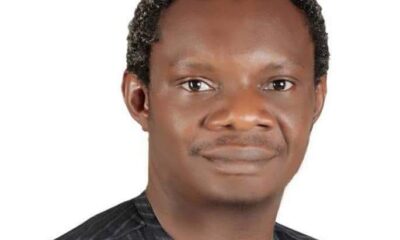
 POLITICS2 days ago
POLITICS2 days agoEbonyi Rep Member Threatens Constituent for Supporting Charity Foundation
-
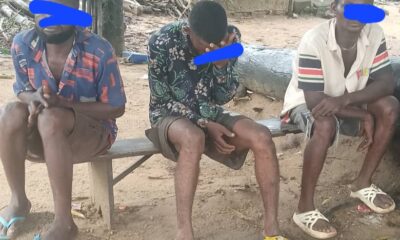
 NEWS2 days ago
NEWS2 days agoCable Vandals Nabbed by Nigerian Hunters in Okpuitumo, Handed Over to Police
-
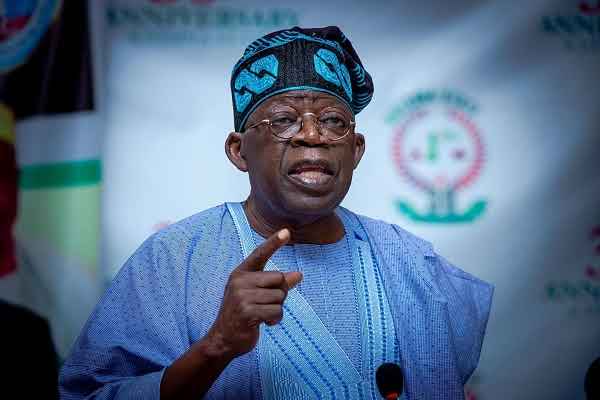
 NEWS7 days ago
NEWS7 days agoTinubu Blasts IGP Egbetokun Over Failure to Arrest Benue Killers
-
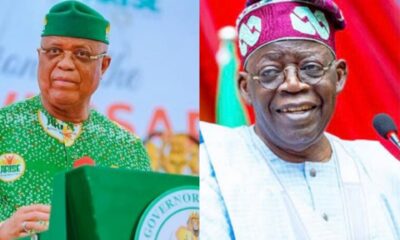
 POLITICS6 days ago
POLITICS6 days agoTight Security In Uyo As Tinubu Set To Attend Governor Umo Eno’s Grand Welcome Into APC
-

 JOBS/SCHOLARSHIPS2 days ago
JOBS/SCHOLARSHIPS2 days agoCDCFIB Announces Nationwide Recruitment into Paramilitary Agencies
-

 NEWS7 days ago
NEWS7 days agoPresident Tinubu Visits Hospitalized Victims of Benue Massacre
-
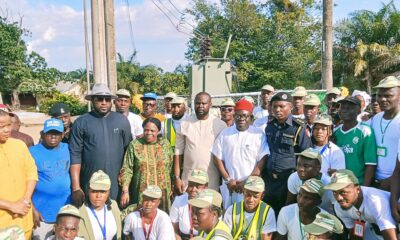
 INSIDE NYSC5 days ago
INSIDE NYSC5 days agoALGON Chairman Donates Transformer to NYSC Ebonyi Orientation Camp, Ends Years of Power Outage
-
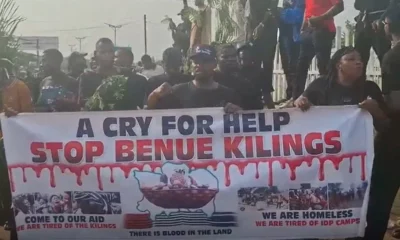
 NEWS5 days ago
NEWS5 days agoSPECIAL REPORT: Nigeria’s Slow Descent into Anarchy; Warnings Ignored, Blood Still Spills
-
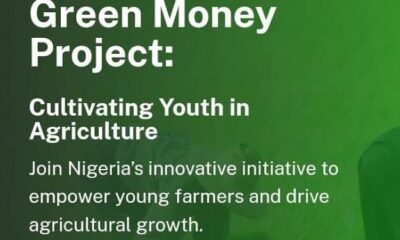
 NEWS5 days ago
NEWS5 days agoCall For Applications: Green Money Project for Nigerian Youth in Agribusiness 2025
-

 NEWS4 days ago
NEWS4 days agoArmed Herdsmen Attack Benue Community 48 Hours After Tinubu’s Visit
-
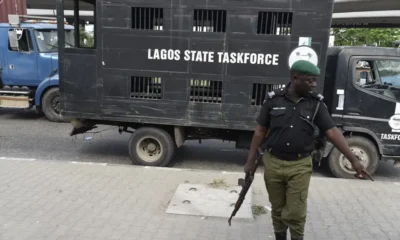
 NEWS4 days ago
NEWS4 days agoLagos Environmental Taskforce Arrests 84 in Agege Clean-Up Operation

